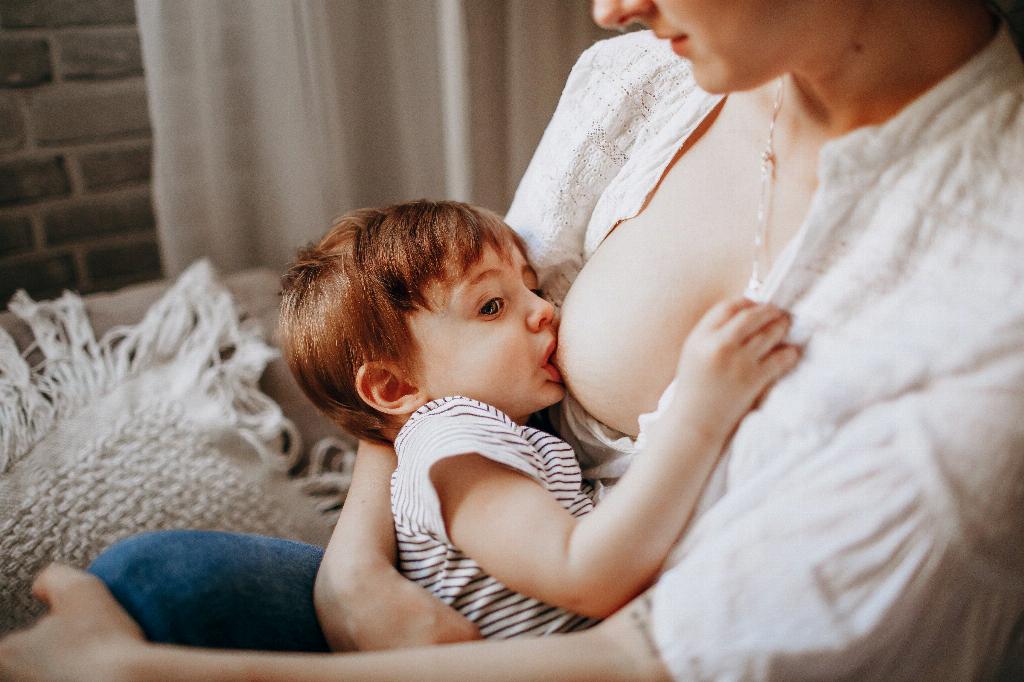When it comes to your little one’s health, it’s crucial to be vigilant about any changes in their bowel movements. Diarrhea in babies can be concerning, especially for breastfed infants, as it can lead to dehydration and other complications. Understanding the signs and symptoms of diarrhea in breastfed babies is essential to ensure timely intervention and appropriate care.
One of the key indicators of diarrhea in breastfed babies is the frequency and consistency of their stools. If your baby is passing watery, loose, or more frequent stools than usual, it could be a sign of diarrhea. Keep an eye on your baby’s diaper changes to monitor any variations in their bowel movements.
In addition to changes in stool consistency, diarrhea in breastfed babies may also be accompanied by other symptoms such as abdominal cramps, bloating, irritability, and excessive gas. If you notice any of these signs, it’s important to consult your pediatrician for a proper assessment and guidance on how to manage your baby’s condition.
It’s essential to pay attention to any changes in your baby’s behavior and overall well-being when trying to identify diarrhea. Babies with diarrhea may appear more fussy, restless, or fatigued than usual. They may also show signs of discomfort during feedings or exhibit decreased interest in eating.
Another crucial aspect to consider is your own diet if you are breastfeeding your baby. Certain foods such as cow’s milk, chocolate, gassy foods, spicy foods, and caffeine can trigger digestive issues in breastfed infants, leading to diarrhea. It may be helpful to keep a food diary to track your diet and identify any potential culprits.
Dehydration is a significant concern in babies with diarrhea, as excessive fluid loss can quickly lead to serious complications. Signs of dehydration in breastfed babies include dry mouth, fewer wet diapers, sunken fontanelle, and decreased tears when crying. If you suspect dehydration, seek medical attention promptly.
While it’s natural to feel worried about your baby’s health, it’s essential to stay calm and focused when dealing with diarrhea. Maintaining good hygiene practices, such as frequent handwashing and proper diaper changing, can help prevent the spread of infections and support your baby’s recovery.
If your baby’s diarrhea persists for more than a day or is accompanied by persistent vomiting, high fever, blood in stool, or other concerning symptoms, seek immediate medical attention. Your pediatrician can conduct a thorough evaluation to determine the underlying cause of your baby’s diarrhea and recommend appropriate treatment.
During episodes of diarrhea, continue to breastfeed your baby as usual to provide them with essential nutrients and hydration. Breast milk helps to boost your baby’s immune system and aids in their recovery from digestive issues. If needed, your pediatrician may recommend specific dietary changes or adjustments to your breastfeeding routine.
Monitoring your baby’s symptoms closely and seeking prompt medical advice can help ensure timely intervention and effective management of diarrhea. Remember that every baby is unique, and what works for one infant may not necessarily apply to another. Trust your instincts and work closely with your healthcare provider to address your baby’s health concerns.
In conclusion, being attentive to your baby’s bowel movements, behavior, and overall health is crucial in identifying diarrhea in breastfed infants. By staying informed and proactive, you can help safeguard your baby’s well-being and promote a speedy recovery from digestive issues. Remember that you are not alone in caring for your little one, and seeking support from healthcare professionals is key to addressing any health-related concerns.

